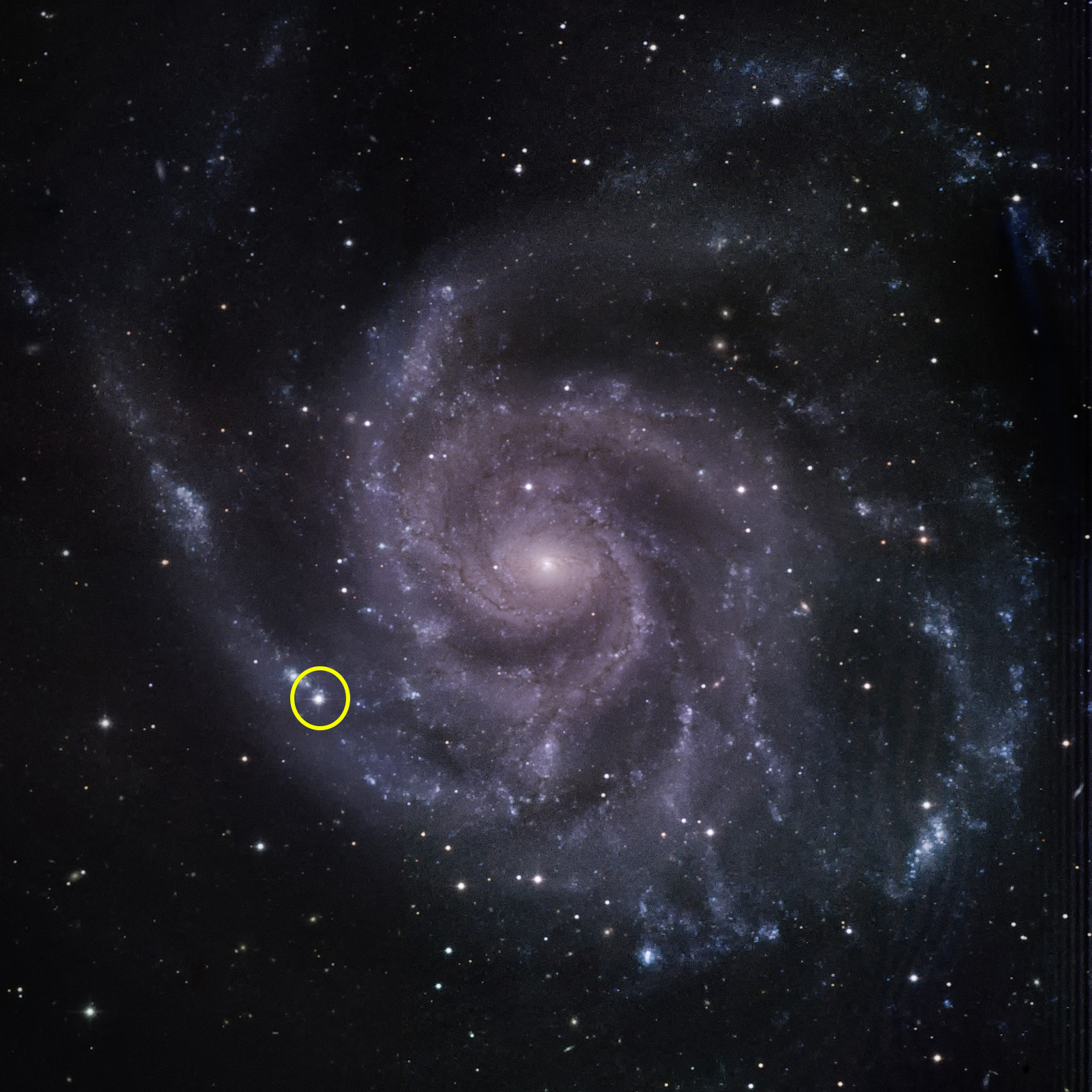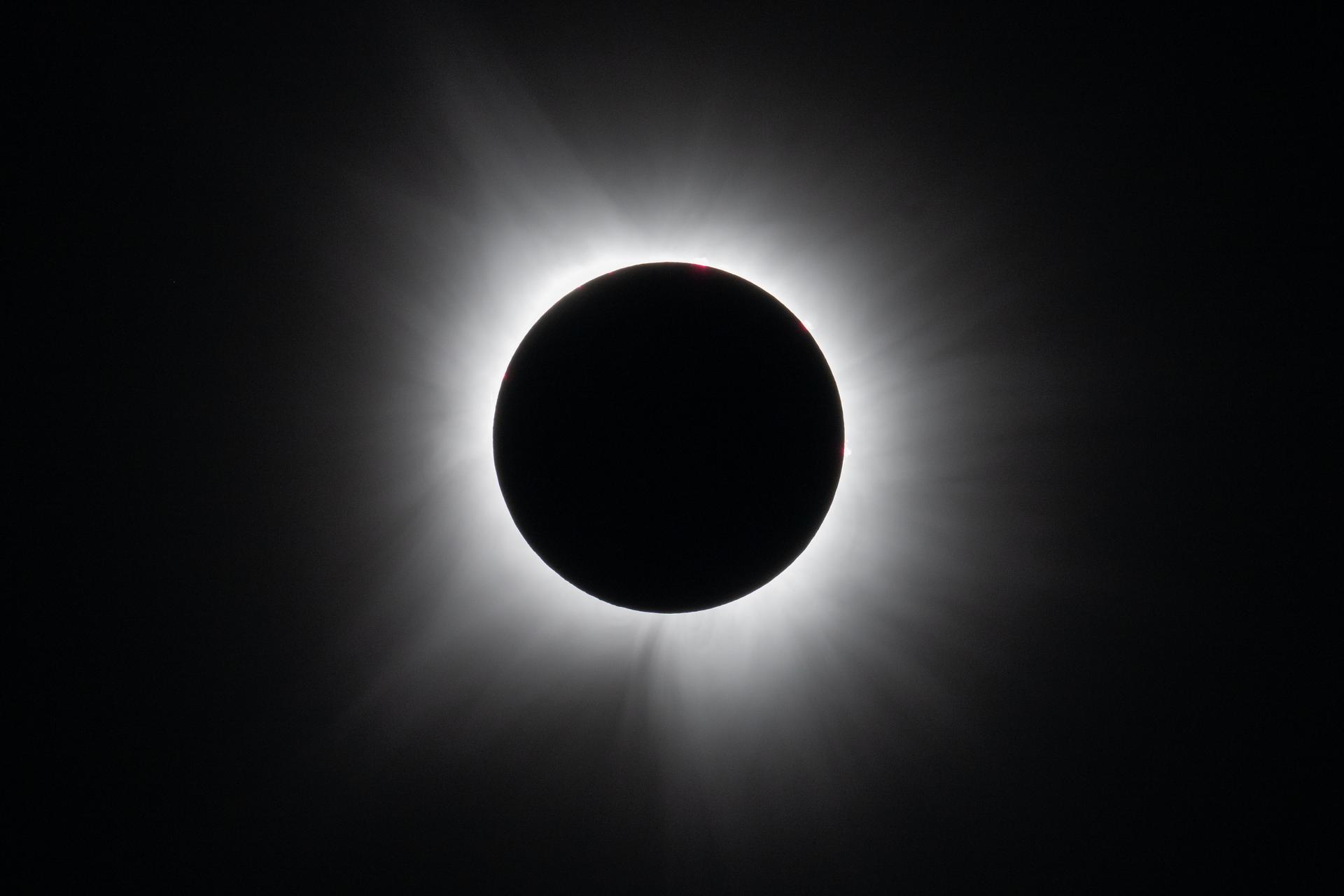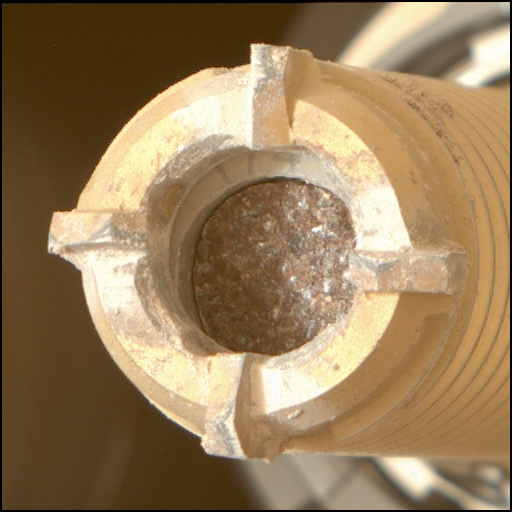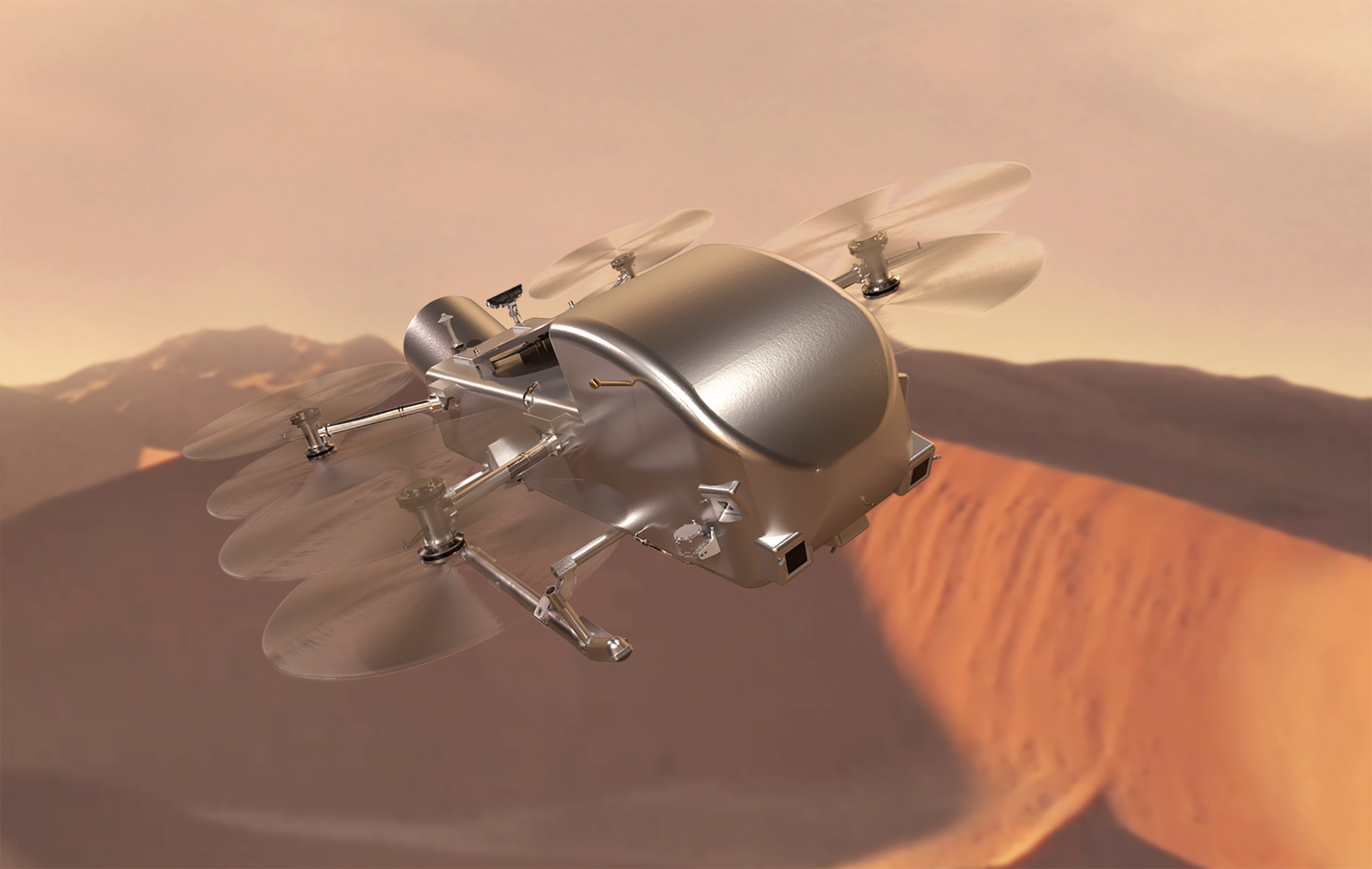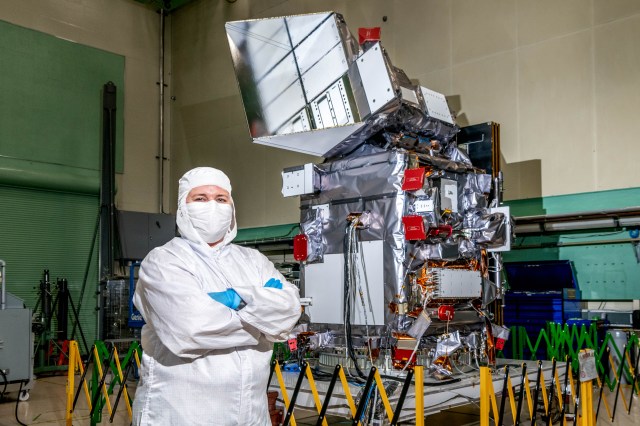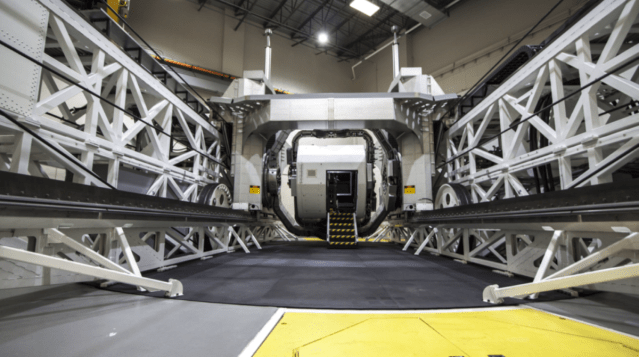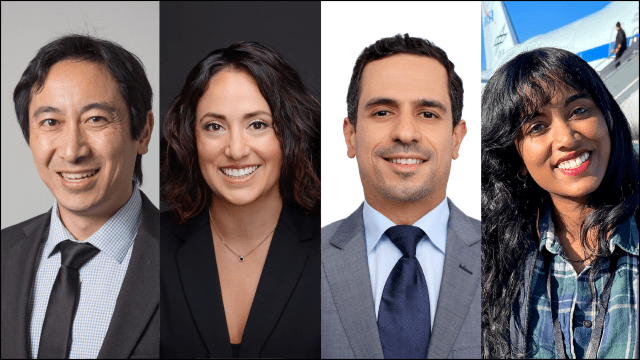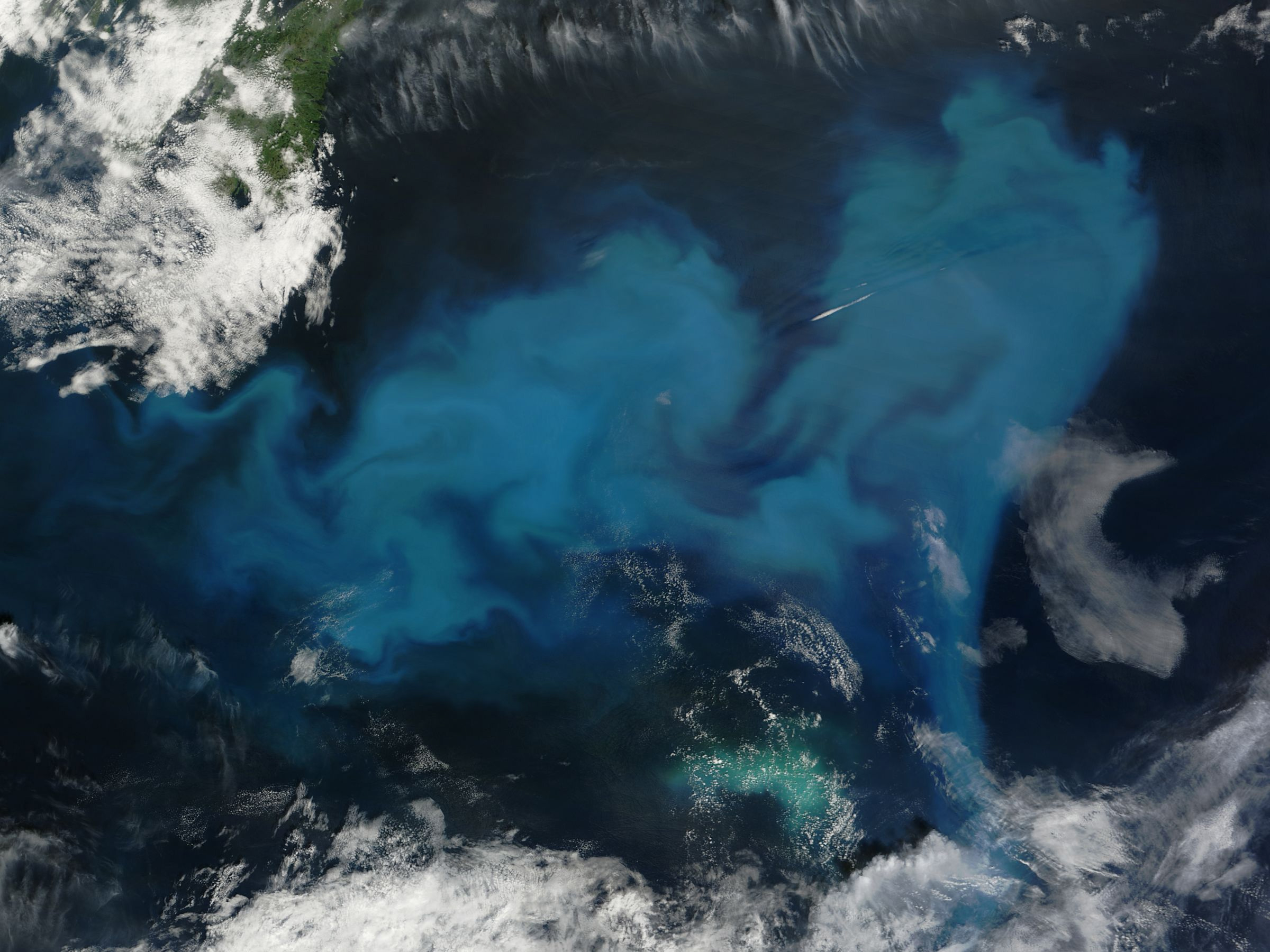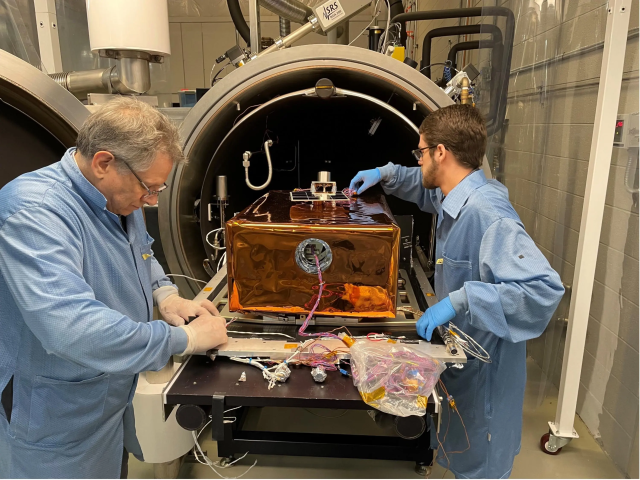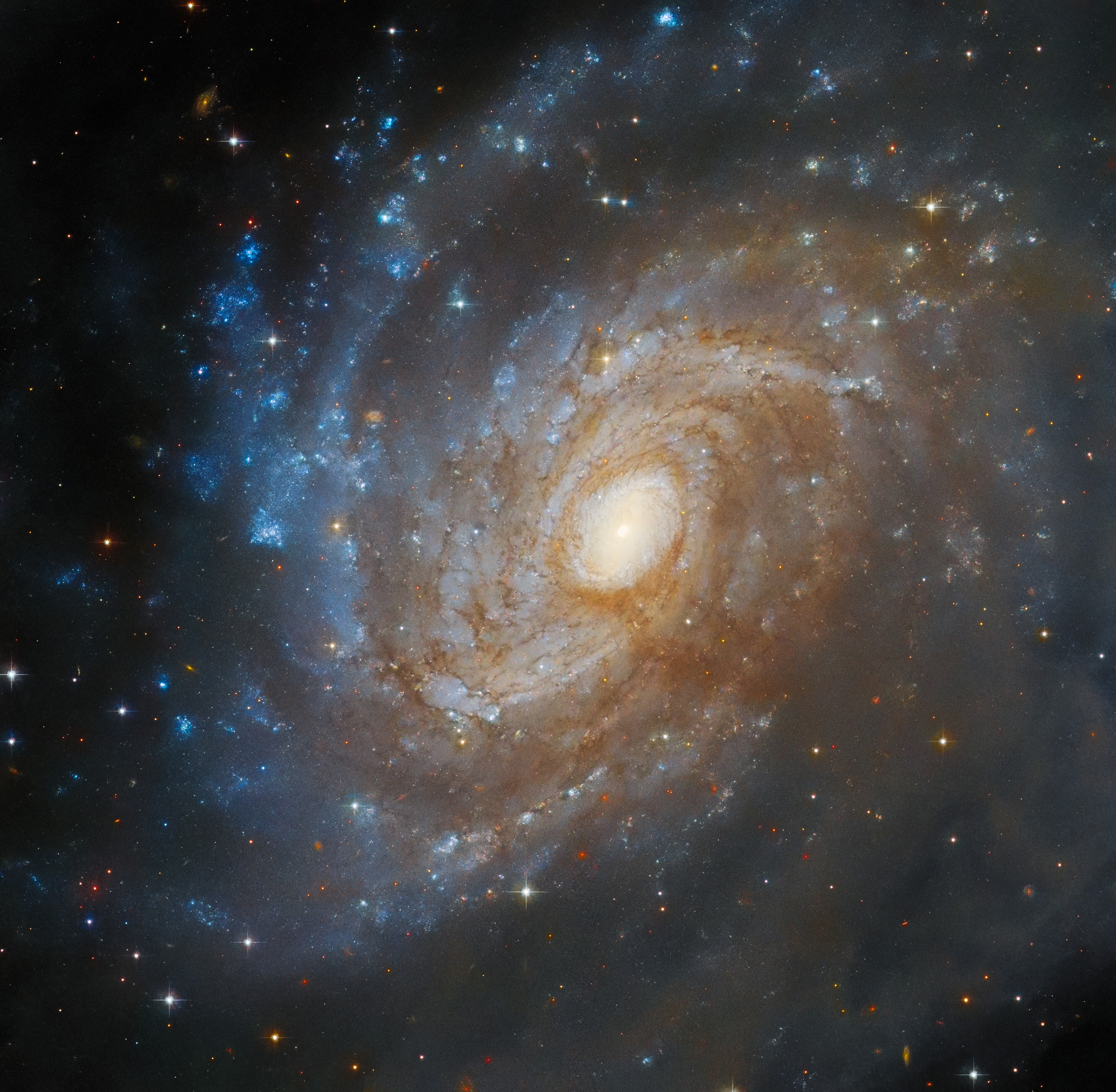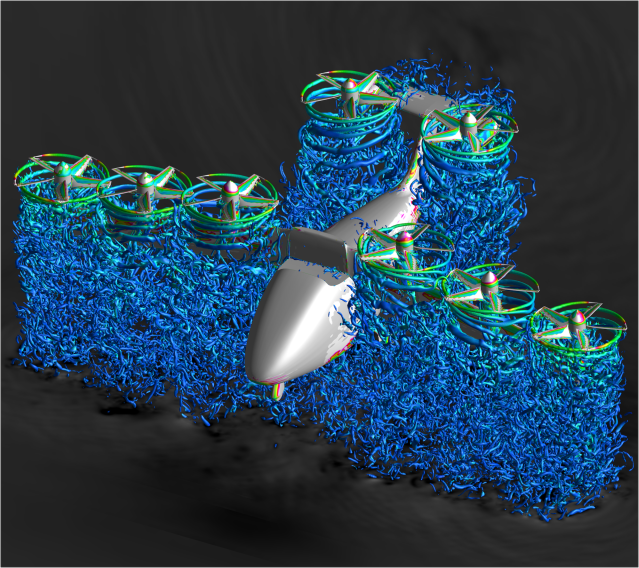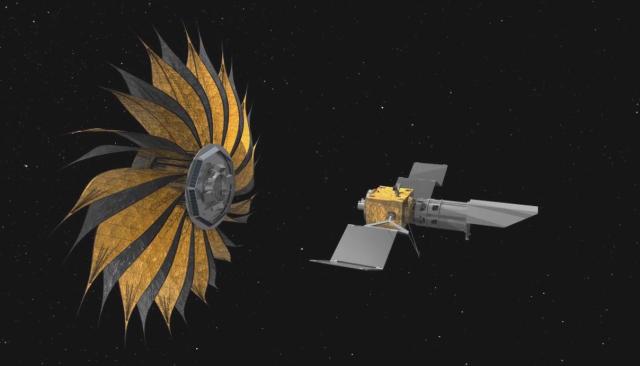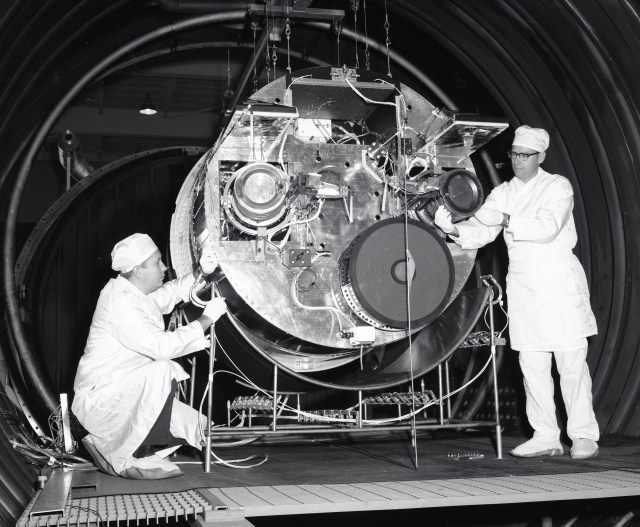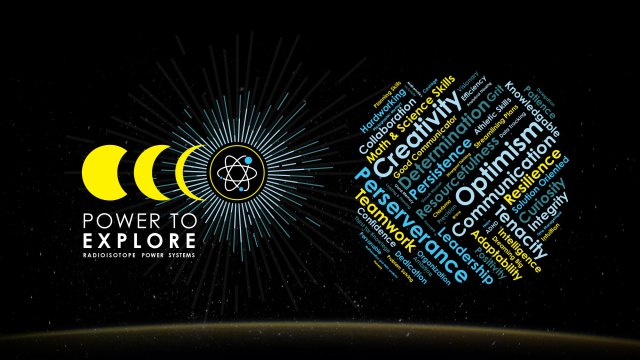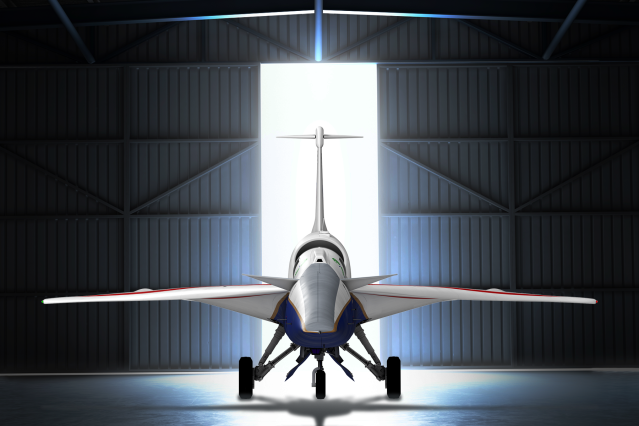Former NASA astronaut Steven R. Nagel, who served as a mission specialist on his first space shuttle flight, pilot on his second and commanded his final two, died Aug. 21 after a long illness. He was 67 years old.
After his last shuttle flight, Nagel became deputy director for operations development in the Reliability and Quality Assurance Office at NASA’s Johnson Space Center in Houston. He subsequently served as a research pilot, chief of aviation safety and deputy chief of JSC’s Aircraft Operations Division.
“It will always be my honor to know Steve,” said Brian Kelly, director of Flight Operations. “He blessed our lives in many ways. His humor, positive approach to life, and constant smile is something we will all cherish. His service to our great nation and NASA is inspirational.”
Nagel was born Oct, 27, 1946, in Canton, Ill. He graduated from Canton Senior High School in 1964. He earned a Bachelor of Science degree in aerospace engineering with high honors from the University of Illinois in 1969 and a Master of Science degree in mechanical engineering from California State University at Fresno, California, in 1978.
Nagel received his commission in 1969 through the Air Force Reserve Officer Training Corps program at the University of Illinois. He completed pilot training at Laredo Air Force Base, Texas, in February 1970, and then F-100 training at Luke Air Force Base, Arizona. From October 1970 to July 1971, Nagel flew F-100s with the 68th Tactical Fighter Squadron at England Air Force Base, Louisiana.
Nagel served for a year as a T-28 instructor for the Laotian Air Force at Udorn, Thailand. He became A-7D instructor pilot and flight examiner at England Air Force Base, Louisiana. in October 1972. He attended the USAF Test Pilot School at Edwards Air Force Base, California, from February to December 1975.
In January 1976, he was assigned to the 6512th Test Squadron at Edwards. As a test pilot, he worked on various projects, including the F-4 and A-7D. He logged more than 12,600 hours flying time, including 9,640 hours in jet aircraft.
Nagel became a NASA astronaut in August 1979. Assignments included backup T 38 chase pilot for STS-1; support crew and backup entry spacecraft communicator for STS-2; and support crew and primary entry CAPCOM for STS-3.
He first flew in space as a mission specialist on Discovery’s STS-51G, launched June 17, 1985. During the flight, the crew deployed three communications satellites, for Mexico, the Arab League and AT&T’s Telstar. They used Discovery’s arm to deploy and 17 hours later retrieve the Spartan x-ray astronomy satellite.
Nagel flew as pilot on Challenger for STS-61A, the West German D-1 Spacelab mission, launched Oct. 30, 1985. More than 75 scientific experiments were completed in physiological sciences, materials processing, biology and navigation during the 7-day, 44-minute mission.
Nagel commanded STS-37 on his third flight, launched on Atlantis April 5, 1991. During the almost six-day mission, the crew deployed the Gamma Ray Observatory (GRO) to explore gamma ray sources throughout the universe. The flight included two spacewalks by Mission Specialists Jerry L. Ross and Jerome Apt. One was the first successful unscheduled spacewalk, to free a stuck antenna on GRO.
Nagel was commander of STS-55, the German D-2 Spacelab mission on Columbia launched April 26, 1993. The 10-day flight carried 89 experiments in materials processing, life sciences, robotics, technology, astronomy and Earth mapping.
Nagel logged a total of 723 hours in space.
Nagel retired from the Air Force as a colonel Feb. 28, 1995, and formally left the Astronaut Office the next day to join the Safety, Reliability, and Quality Assurance Office at Johnson Space Center. In September 1996, he moved to the Aircraft Operations Division as a research pilot, chief of aviation safety and deputy division chief.
After retiring from NASA May 31, 2011, he joined the University Of Missouri College of Engineering in Columbia, Missouri. There he served as an instructor in the University’s Mechanical and Aerospace Engineering Department.
His numerous awards include the Air Force Distinguished Flying Cross and the Air Medal with seven Oak Leaf Cluster. For pilot training he received the Commander’s Trophy, the Flying Trophy, the Academic Trophy and the Orville Wright Achievement Award (Order of Daedalians). He also received the Air Force Meritorious Service Medal. He earned four NASA Space Flight Medals, two Exceptional Service Medals, an Outstanding Leadership Medal, the AAS Flight Achievement Award, the Outstanding Alumni Award of the University of Illinois, a Distinguished Service Medal, the Distinguished Alumni Award, California State University, Fresno and the Lincoln Laureate of the State of Illinois.
He is survived by his wife, Linda, and two daughters, Lauren and Whitney.
Jenny Knotts
Johnson Space Center, Houston
281-483-5111

